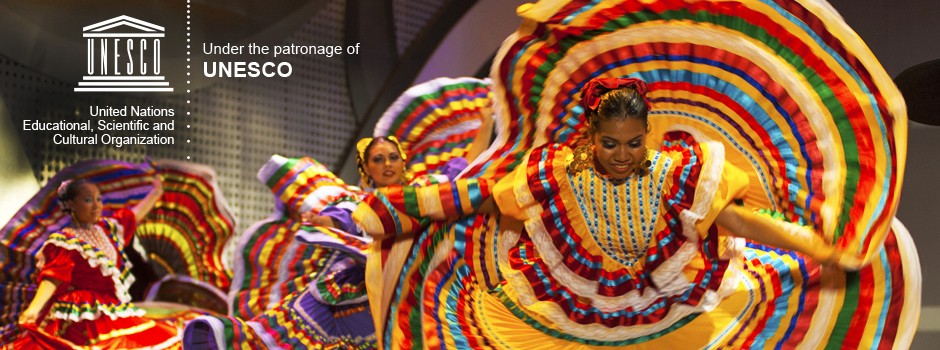
Higher education must be better prepared for crises
17. Februar 2021Higher education must be better prepared for crises
New York, 2/17/2021
As a result of the digital revolution, the higher education system has been profoundly transformed as never before. Now it appears that the COVID-19 pandemic has hit no less hard, write Stefania Giannini (Deputy Director-General for Education at UNESCO) and Kristin Vinje (Executive Director of the Norwegian Agency for Quality Assurance in Education (NOKUT) in an article for „University World News.“
The following examples illustrate what they are talking about:
– The economic impact alone could force up to seven million students to drop out.
– In every country in the world, students would be forced to struggle for access to distance education, against social isolation and economic hardship.
– The COVID-19 pandemic has exacerbated fragilities and inequalities across digital, gender, social, and educational boundaries, especially in regions already affected by conflict, he said.
– Universities and educators have made enormous efforts to find new and innovative ways of teaching and learning, he said. However, one year after the outbreak of the COVID-19 pandemic, the higher education sector is still struggling with the provision of alternative teaching methods, as well as issues of student mobility, admissions, recognition of foreign qualifications, and quality assurance.
– Often, he said, higher education administrators are in unfamiliar territory – for example, how to enroll students who have not yet completed their secondary education because exams have been cancelled, or how to recognize qualifications obtained through alternative provision.
– Many higher education systems would not accept such qualifications, as authorities and universities are rightly concerned about the quality of qualifications acquired solely through online offerings.
According to the authors, only „increased global cooperation can help“ find solid solutions. UNESCO’s newly published Practical Guide to Recognition: Implementing the global convention on the recognition of qualifications concerning higher education already offers practical advice for universities, qualifications authorities and policy makers, in line with the convention’s principles of fair, transparent and non-discriminatory recognition of foreign qualifications, she said.
The Lisbon Recognition Convention and Tokyo Recognition Convention Committees had issued a reflection document and a statement, respectively, on addressing COVID-19 by strengthening cooperation on the recognition of qualifications in the Asia-Pacific region and beyond.


